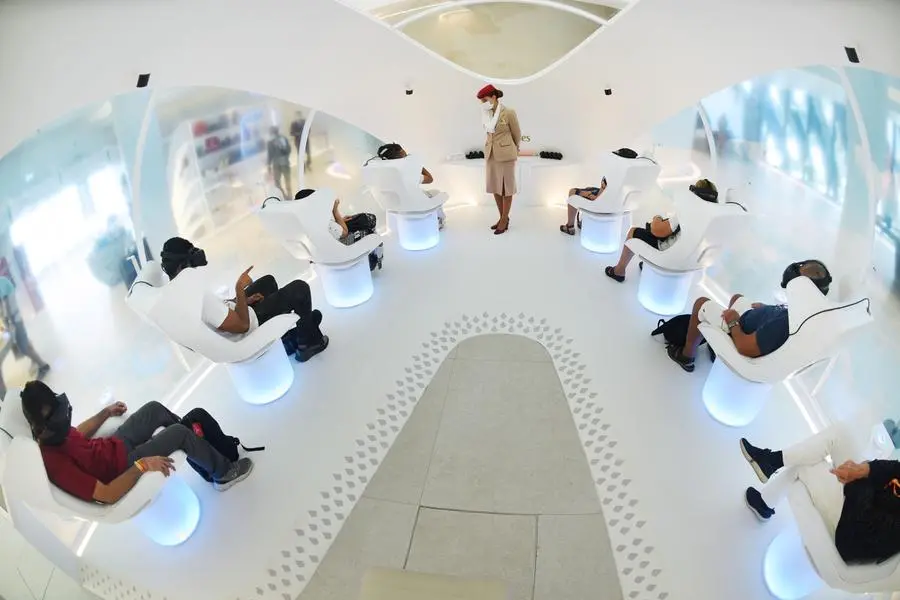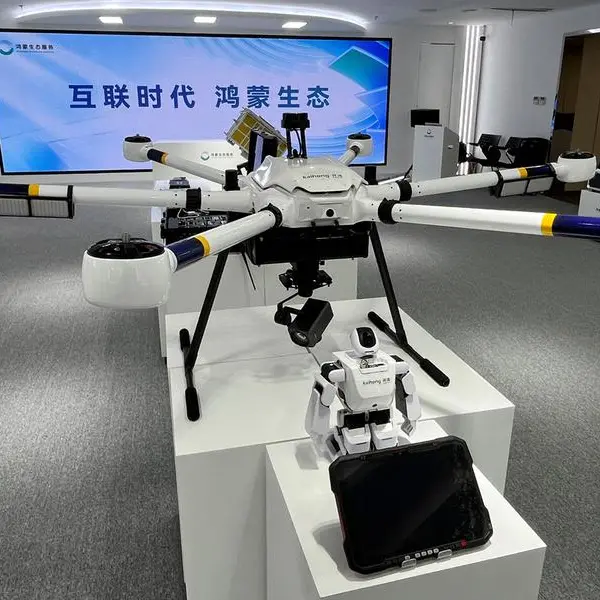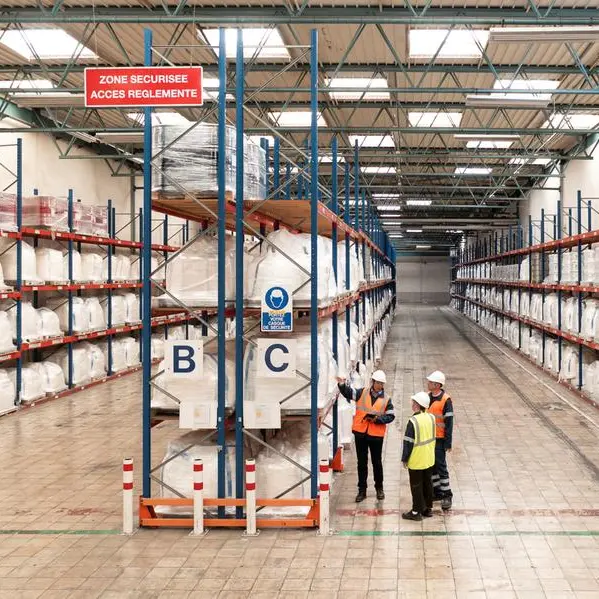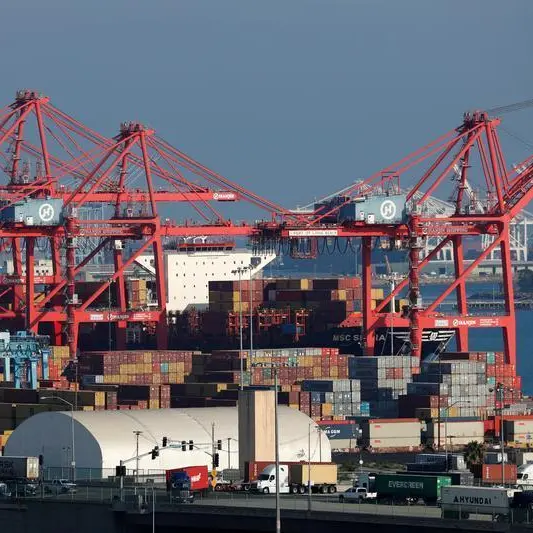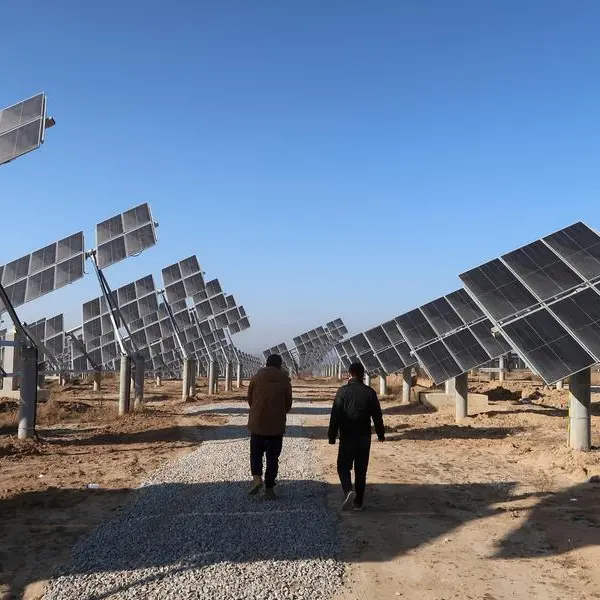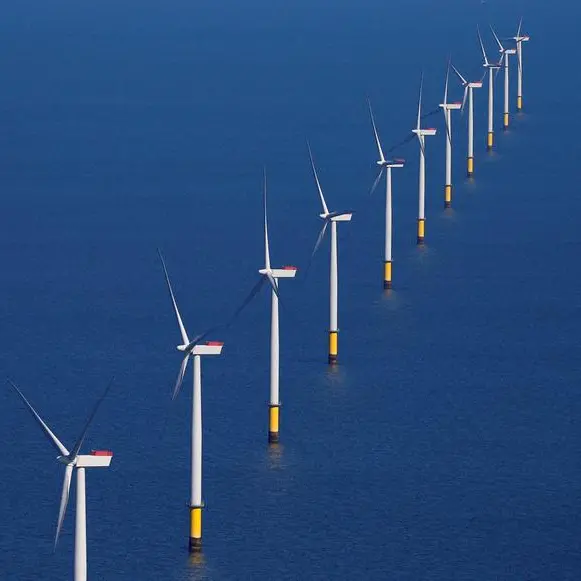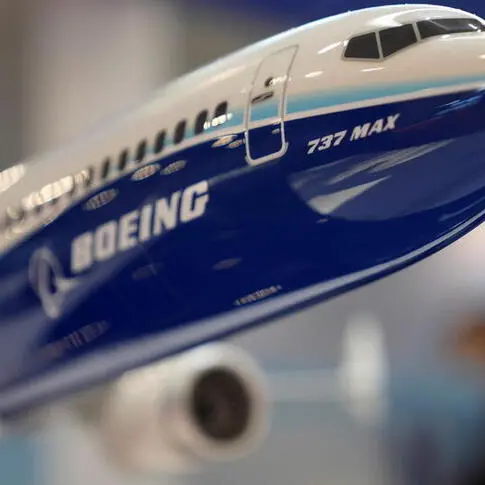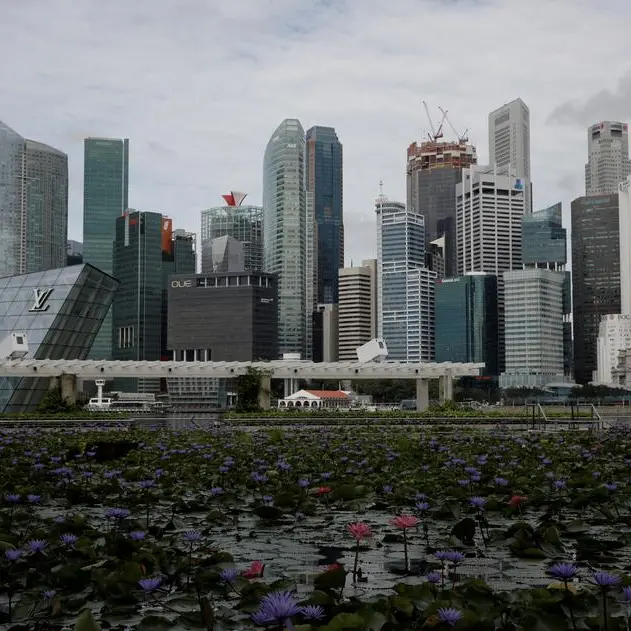PHOTO
Imagine taking a virtual stroll with your loved ones, and perhaps even shop on the way? Your avatar is life-like. The new reality is that humanity is making rapid strides on the web that it is constantly evolving – the experiences transforming from the mundane to the exciting.
Dubai companies like Emirates, Damac and others are already betting big on the space. Many more are expected to join the pack. Dubai, in fact, has spelt out its ambitions in the space and wants to become the major metaverse hub of the region and the world. The city is laying the foundations for the next phase of humanity's virtual future with extended reality (XR).
Dubai World Trade Centre launched MetaIncubator, the first metaverse incubator in the Middle East, the Ministry of Health and Prevention (MoHAP) has developed a new metaverse platform, allowing people to access medical care and receive health-related support virtually. In the private sector, Dubai-based metaverse startup Eikonikos has already recently raised $2 million in pre-seed funding. Action in this space heating up.
To understand the metaverse it's important to start with Web 1.0 in the late nineties and early 2000s that boomed and went bust with dotcoms. Then came Web 2.0 riding on social media and myriad apps. The metaverse is the latest iteration of the World Wide Web as we know it. We will call it Web 3.0 and it's quickly gaining traction among people and businesses in the UAE.
So what is the metaverse and how does it work? Simply put, it creates a new environment where users are virtually connected with their family, friends, pets, favourite items and experiences — it transports them to the next generation of social interactions.
Dubai said it will work with private sector companies and investors to create a futuristic, human-centred version of the city that capitalises on opportunities thrown up by the metaverse.
Spelling out plans, Dawood Abdul Rahman Al Hajri, Director General of Dubai Municipality, spoke of the One Human Reality concept that will soon become a reality
“One Human Reality is the meeting point or integration between two worlds: the metaverse and the world we are currently living in together,” Al Hajri said.
In this virtual-reality space, users will interact with computer-generated environments and other people. At its broadest, it combines elements of social media, augmented reality, virtual reality, video games, cryptocurrencies, and other advanced technologies. The metaverse could provide nearly $800 billion in revenue by 2024, Bloomberg Intelligence estimates show.
“Residents could be joined by friends in other parts of the world in the form of avatars on a virtual walk through a city park. Similarly, simulated time travel to historic moments or immersive tours of landmark destinations may be other metaverse applications,” said Al Hajri.
Such futuristic use cases would require portals in public spaces and city centres, Al Hajri said, adding that governments and cities should invest in building this infrastructure as soon as possible.
Dubai Municipality will soon launch a programme called One Human Reality Talks, aimed at bringing together companies and investors to develop and share this new reality. It will include dialogues with experts, insights, cooperative use cases, knowledge sharing, and more.
Humans must remain at the centre of this new urban vision, according to Al Hajri, who laid out the elements for a framework based on four pillars: human expectations for their environment, human needs with laws to guarantee privacy, security and ownership rights, and technology functions.
The metaverse encompasses 5G, AI, blockchain, content creation and other elements. The core of metaverse is to continually optimise users’ digital life experiences through XR and continuous iteration of XR technology and equipment as explained in the latest Metaverse report — Future is here Global XR industry insight by Deloitte.
Some of the leading firms in the UAE are investing big in this disruptive world as users spend maximum hours in the virtual world be it for gaming, shopping, social interactions and so on.
Damac bets big on digital property
The Damac Group will build its own digital cities, becoming one of the pioneers in the GCC to do so. The parent company of global property development company Damac Properties, data centre firm Edgenex, luxury jeweller de-Grisogono and fashion house Roberto Cavalli is launching virtual homes, digital property, as well as digital wearables, and digital jewellery through the company’s acquisitions of Swiss jewellers de-Grisogono, and Italian fashion brand Roberto Cavalli, respectively. Digital experiences will also be offered, where guests will be able to get a virtual treat of the Mandarin Oriental Resort Bolidhuffaru. The group plans to invest capital up to $100 million for the project.
Union Square House's launches mansions
This Dubai-based real estate brokerage is set to launch the first metaverse mansions in the nation. In addition to ownership, investing in digital mansions allows buyers to view their properties in Augmented Reality form, and interact with other users and digital neighbours.
Founder Gaurav Aidasani said: “Our foray into the metaverse stems from our strong belief in a prevalent virtual world that is set to transform many sectors, on top of which is real estate.”
The adoption of Non-Fungible Tokens (NFTs) in Dubai has been snowballing. The real estate sector is considered one of the primary beneficiaries, standing first in line to benefit from Web 3.0 applications, which run on the blockchain technology using decentralised, peer-to-peer networks.
According to recent market data, real estate sales in the Metaverse reached $500 million in 2021, and the sales volume is expected to double in 2022. The metaverse real estate market is projected to grow at a CAGR of 31 per cent from 2022 to 2028.
Leveraging Dubai’s astute investor community and a relatively young population, which is characterised by high levels of familiarity and comfort with the concept of virtual worlds and its prospects, USH plans to develop and sell ultra-luxury digital properties as NFTs, with or without their physical twins.
Emirates flies into the future
Emirates launched NFTs and exciting experiences in the metaverse for its customers and employees and plans to build signature brand experiences, alongside both collectible and utility-based NFTs. The first projects are already underway, with launches anticipated in the coming months.
Chalhoub Group's elegant foray
Another example of global and local brands tapping the metaverse is Christofle, the Parisian Silversmith Maison since 1830. It entered the metaverse with its first NFT collection ‘925 Genesis MOOD’, to be unveiled on May 7. It refers to a fantastic imaginary city named: Christofle Aurifaber Citatis in Latin, or The City of Christofle Silversmithing. It was acquired by Chalhoub Group in 2017, Christofle is known for its exceptional tableware, silver flatware, and home accessories created with elegance, craftsmanship and know-how.
Copyright © 2022 Khaleej Times. All Rights Reserved. Provided by SyndiGate Media Inc. (Syndigate.info).
None
